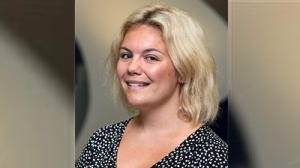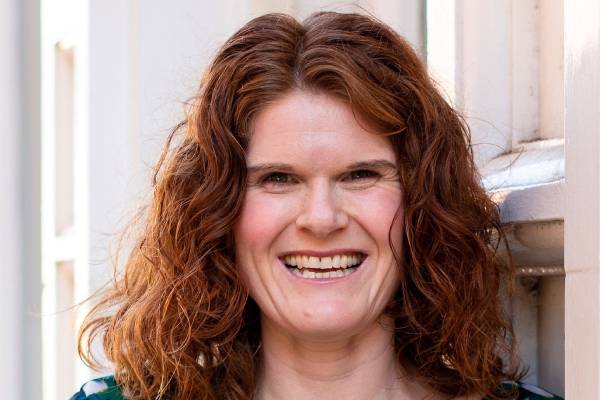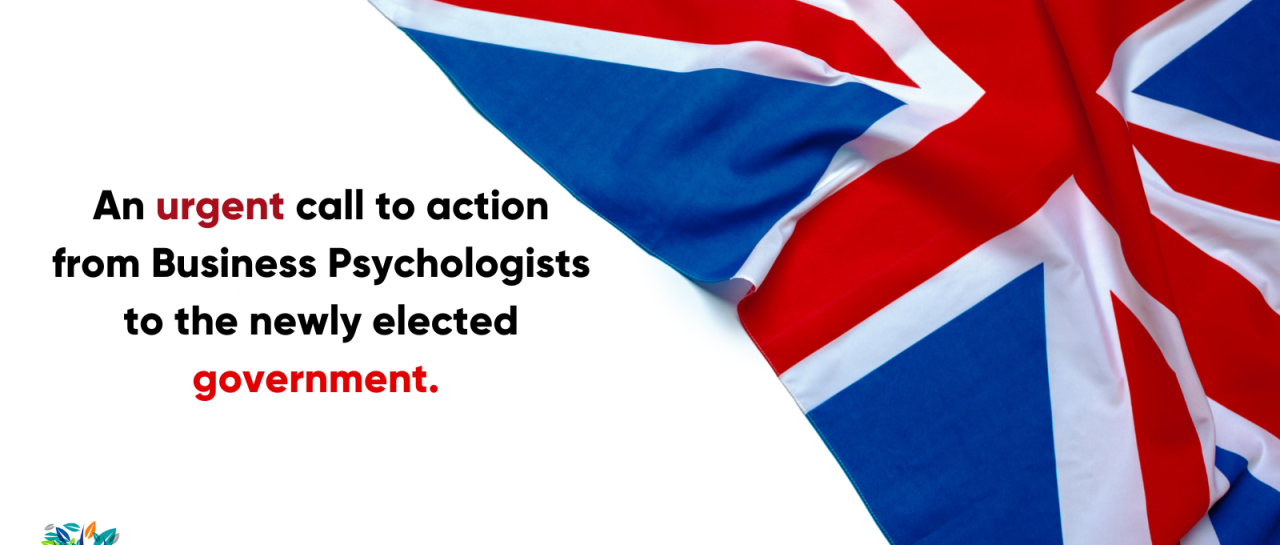Authored by Certified Business Psychologist Laura Howard. Certified Business Psychologist, Laura Howard, reflects on the webinar she recently delivered to ABP members. Below she outlines the main findings of her published research uncovering systematic barriers women face when being authentic as leaders. Importantly, she gives…


How would you describe what you do?
I am a Senior People & Change Consultant at Arup. My role involves working on a variety of projects across the rail, aviation and healthcare industries. I work in partnership with clients to understand their business drivers and ensure that their people are aligned with the strategy and direction of the organisation My work also involves delivering change interventions such as leadership development, collaborative ways of working, training, comms and engagement, and employee wellbeing.
What was your first role as a business psychology practitioner?
After completing my MSc I worked at a very small resilience and wellbeing consultancy called ‘Positive Group’. This was a great company to begin my career as I learnt a lot around the psychology of employee burnout, emotional intelligence and authentic leadership.
What has been your greatest role or achievement so far?
The role I’m in now because the work is so varied and rewarding, plus the team I work with are all brilliant and very supportive. My biggest achievement came just after I joined Arup in 2019 when I published an article about normalising imposter syndrome; it went kind of viral across our organisation and became one of the most read pieces on Arup’s website for that whole year!
What has been your biggest challenge as a business psychology practitioner?
What has been your biggest challenge as a business psychology practitioner? – Striking the balance between being scientifically robust with our change interventions and adhering to the clients needs. At Arup we are encouraged to use best psychological practise in everything we do, so it’s always at the front of my mind. It can be challenging at times to get stakeholders to see the full benefit of this, but it usually comes with time!
Which advice has helped you the most?
You don’t have to do it ALL right now. I used to get overwhelmed easily when big projects or tasks were looming, but I’ve learnt to take a step back, prioritise those which I can do now and those which can be delegated or wait. This has helped my productivity levels immensely.
If not business psychology, what would you love to do?
Either a novelist or a food & travel writer
How do you spend your spare time?
My fiancé and I just moved to Devon so lots of walking and wild swimming on Dartmoor, cooking or baking and getting to know the best Exeter pubs now they’re open! I am also an avid podcast listener and I read a lot of fiction.
Who do you most admire, and why?
Anyone who is brave enough to put their hand up and say when they’re not feeling ok and that they need support. I think it’s so easy for us to just keep going until we get to a crisis point because we think we can handle it on our own. I admire those who ask for help and I admire those who take the time to help others. It seems small but it makes a massive difference.
What, for you, does the future of business psychology look like?
I believe that organisations will want to utilise our skills as psychologists to promote future hybrid working models. We can help employees adapt to these changing ways of working, empower them to be their most productive as well as increase engagement with their wider organisations, whether that be face to face or through technology. I can our developing virtual world becoming beneficial to companies global reach, as well as to employee wellbeing as it gives them greater flexibility around their work. I am excited to see what research comes out about organisations ways of working in a post-Covid world!
Music Choice of the Day: You can call me Al – Paul Simon



